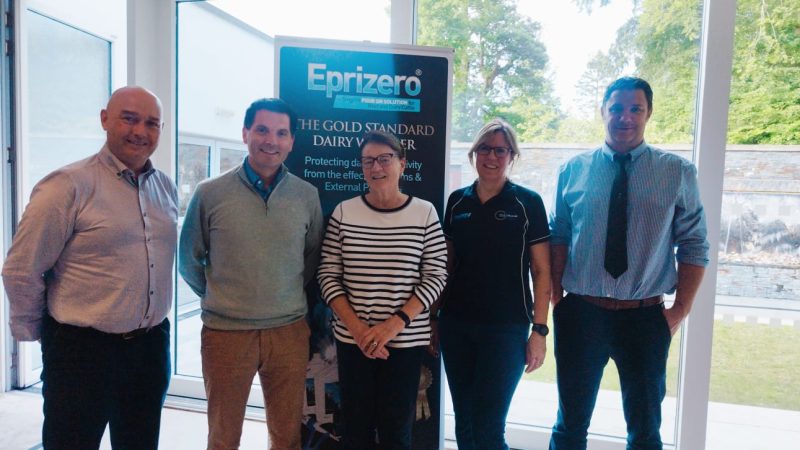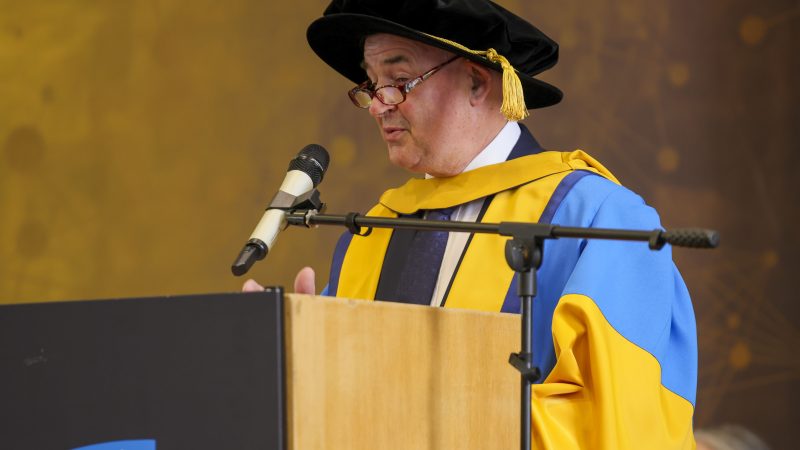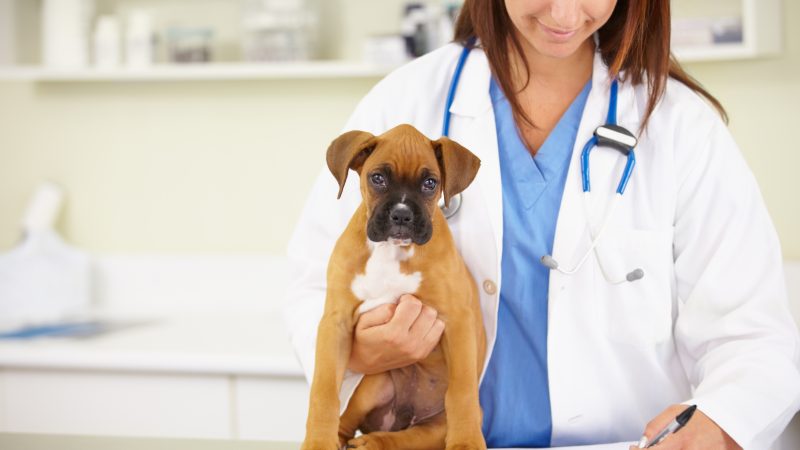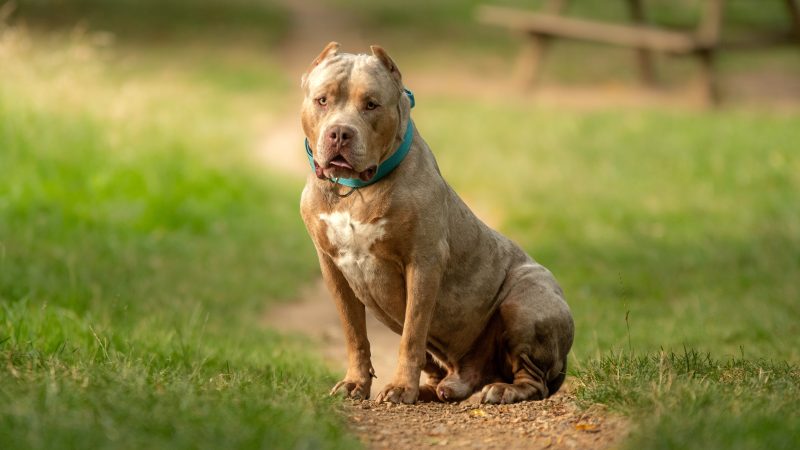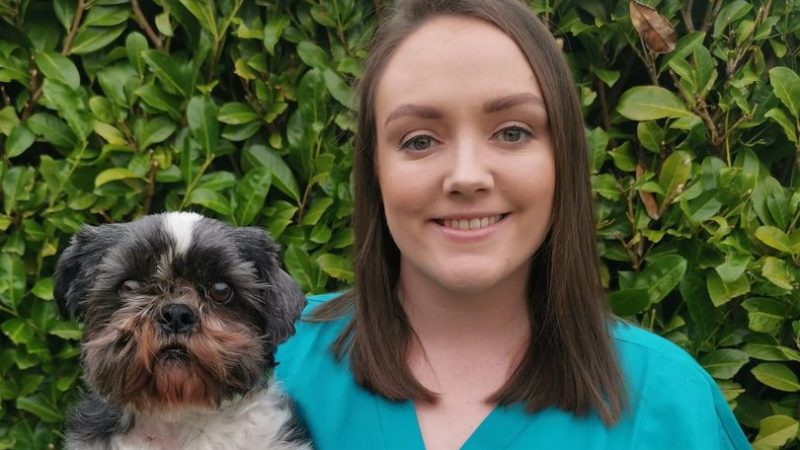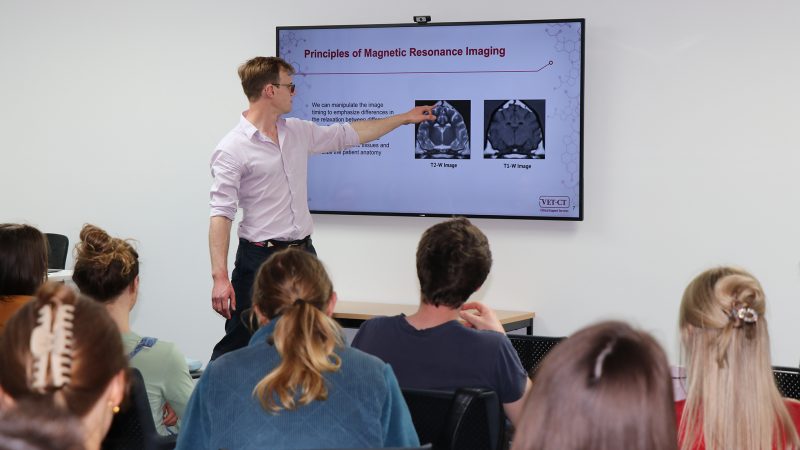Practices eye expansion and sale on back of new pets income boost
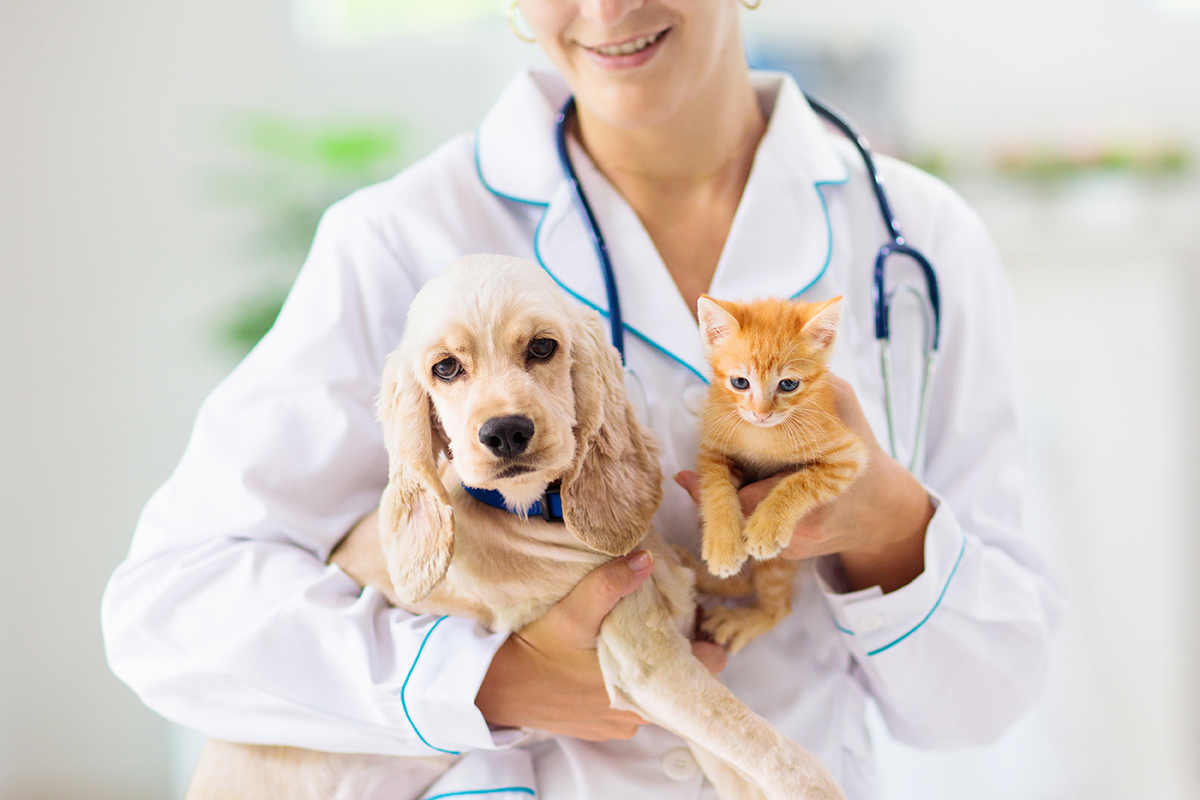
Almost half of veterinary practices in the Republic of Ireland saw an increase in turnover last year, with Covid-19 and an influx of new pet owners cited in many cases.
The findings of a report by accountancy firm HLB Sheehan Quinn, seem to be backed by anecdotal evidence in Northern Ireland, with several practices seeing an increase in the number of new pets through their doors.
Workloads appear to have increased due to the impact of the Covid-19 pandemic. As one respondent put it, “It takes longer to do everything. There is more pressure on staff and stress levels for the whole team have increased.”
Key findings included:
- Almost half (47%) of survey respondents said their turnover increased in 2020, partly due to an influx of new pet owners and people working from home having more time to interact with their pets during the Covid-19 pandemic lockdown
- Achieving better work/life balance is the top aspiration of 60% of veterinary practice owners and 85% of employees with many of our survey respondents reporting that their workload increased during 2020 due to the Covid-19 pandemic.
- 43% work more than 50 hours a week and almost 1 in 4 (23%) are putting in more than 60 hours a week. Those working the longest hours tend to be sole traders and practice owners.
- Staffing issues are the top challenge facing veterinary practices and most respondents (63%) plan to recruit additional vets or veterinary nurses in the next 12 months.
- Just over a third of veterinary practice owner respondents (34%) plan to sell their business within the next three years. Before entering into negotiations with potential buyers, these practices need to prioritise obtaining specialist advice to maximise the value of their business.
Most of the practices surveyed plan to take on additional vets or nurses in the next 12 months, however long hours, unattractive rotas and competition from other practices can be barriers when it comes to hiring and retaining employees.
Given that the Brexit transition period has now expired, it is worth noting that when recruiting employees from the UK to work in the Republic of Ireland, under a Mutual Qualification Recognition Agreement between the VCI and RCVS, the current eight RCVS-recognised UK veterinary medicine degrees can be recognised by the VCI and accepted as the basis for registration to practise veterinary surgery in the Republic of Ireland.


